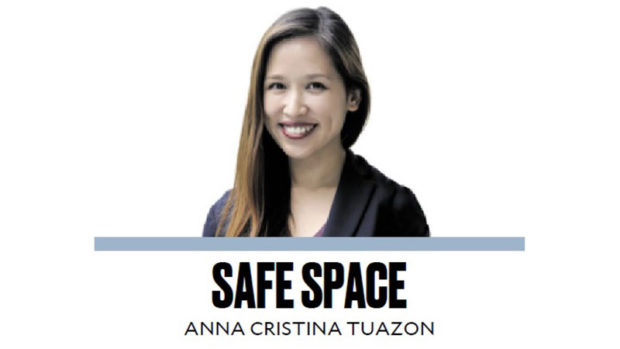I am astonished that certain government officials seem surprised by the unintended consequences of implementing a price cap on rice. When the President issued Executive Order No. 39, setting a price ceiling of P41 per kilo for regular-milled rice and P45 for well-milled rice, experts and stakeholders warned from the outset that it would only exacerbate existing problems. It is rare for traders, retailers, consumers, and experts to agree on a single issue, but in this case, they all concur that this price ceiling will have negative implications for everyone involved.
Vendors, particularly small retailers, will operate at a loss, while farmers will face significantly reduced farmgate prices. Consumers will experience a shortage of rice as supplies dwindle. So who ultimately benefits from this price ceiling? It is the larger traders who can afford to stockpile and wait for a more favorable price – the very same individuals who contributed to the initial rise in prices. Additionally, importers of premium rice will also come out on top as their products become the only available option.
I watched the news on Tuesday, the day the order was first implemented, and was dismayed to see that many rice vendors chose to close their shops rather than sell at a loss. As a result, consumers were forced to queue at the few places that did sell rice. And this was only on the first day! With vendors reluctant to replenish their stock until prices become sustainable, we should anticipate longer queues and eventually, markets running out of rice to sell.
Various government agencies are now scrambling to provide billions of pesos in relief for affected vendors, but they are requesting patience as they work on distributing assistance over the next week. It is worth noting that the government has no shortage of competent economists and advisors. They should have been aware that implementing a price cap without a defined end date would only lead to chaos. What led them to make such a blunder that even Economics 101 students would know to avoid?
The only logical explanation is that they did not apply economic principles when formulating this policy. The only rational reason for economists in the government to support this measure is that they succumbed to groupthink. Groupthink is a psychological phenomenon that occurs when a group, in its desire to conform or avoid conflict, makes irrational and disastrous decisions. Groupthink is more likely to occur in homogeneous groups where dissenting opinions are discouraged. It is also more likely to occur when one dominant member monopolizes the conversation, leaving the others as mere “yes” men – individuals who believe their role is to agree and support the leader’s decisions.
So how can groupthink be avoided? One way is by implementing certain rules in meetings, such as ensuring there is at least one dissenting or opposing opinion. Some groups are naturally inclined towards harmony, so they may need to assign a member to play the role of the “devil’s advocate” during sessions to consider scenarios they may have overlooked. Additionally, having diversity in group membership reduces the likelihood of groupthink. In politics, this is where the opposition or minority becomes crucial. A government without opposition is susceptible to groupthink. A robust and active opposition ensures that the government makes balanced and rational decisions.
If the opposition has minimal influence in hearings and sessions, especially if minority voices are silenced, decisions are likely to be rushed, increasing the chances of disastrous consequences. If a meeting is led by someone whose authority skews the group towards groupthink – imagine a sitting president leading a meeting with Department of Agriculture officials – then it is the leader’s responsibility to ensure that their voice is not the sole determinant. They must encourage genuine brainstorming and embrace divergent thinking. They should also learn to listen to those who harbor skepticism towards their ideas. People who exclusively agree with you are unhelpful in generating ideas and finding solutions. Disagreements can be healthy; they indicate that groupthink is not at play. Dismissing opposing opinions as mere jealousy, pettiness, or vindictiveness can be dangerous, as it means succumbing to one’s own “yes” men. This distorts one’s view of the problem, hindering the ability to craft effective solutions.
When we encounter policies that appear irrational, we must consider whether groupthink is influencing these decisions. We need to urge politicians to understand that there is no shame in being wrong, and that dissenting opinions contribute to more robust policy-making. Let us advocate for affordable rice that is sustainable, rather than surround ourselves with individuals who only say “yes”.
Your subscription could not be saved. Please try again.
Your subscription has been successful.
Read Next:
Don’t miss out on the latest news and information. Subscribe to INQUIRER PLUS to get access to The Philippine Daily Inquirer and over 70 other titles. You can share up to 5 gadgets, listen to the news, download articles as early as 4am, and share them on social media. Call 896-6000. For feedback, complaints, or inquiries, please contact us.
Denial of responsibility! Vigour Times is an automatic aggregator of Global media. In each content, the hyperlink to the primary source is specified. All trademarks belong to their rightful owners, and all materials to their authors. For any complaint, please reach us at – [email protected]. We will take necessary action within 24 hours.


